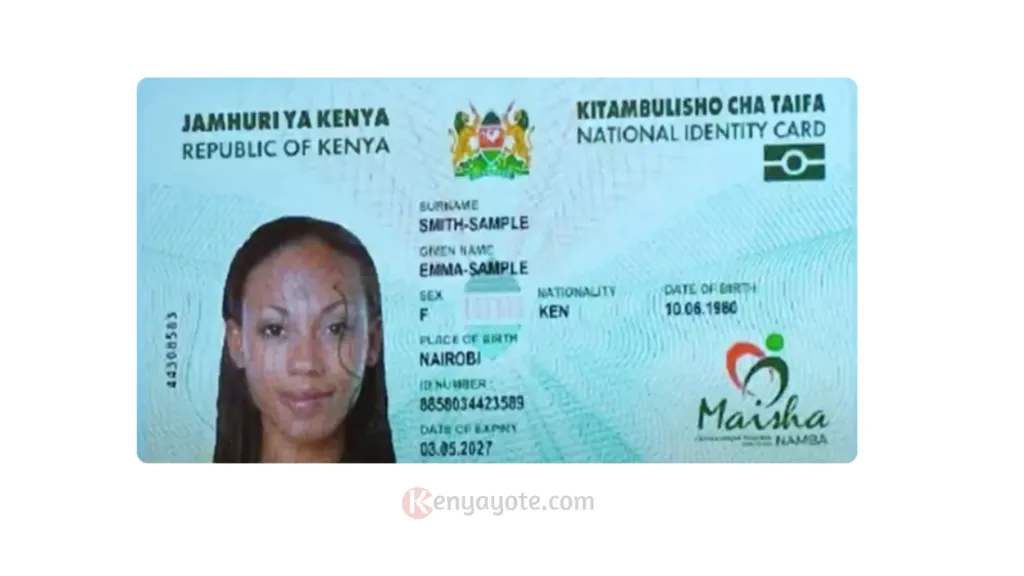A coalition of activists has issued a stark warning to the government, urging against the compulsory adoption of the digital ID system known as the Maisha card among Kenyan citizens.
Ten prominent civil rights organizations released a joint statement expressing concerns over the government's recent actions regarding the Maisha card. They highlighted contradictions between previous assurances, such as those by Immigration Principal Secretary Julius Bitok, and the current issuance of Maisha Cards to individuals replacing their existing ID cards.
The groups underscored ongoing legal challenges surrounding the Maisha Namba project, notably citing a case filed by the Katiba Institute in the High Court. While acknowledging the lifting of an interim order halting the rollout, they emphasized the pending court proceedings and potential ramifications on citizens' rights.
Emphasizing the potential repercussions, the coalition highlighted the risk of the Maisha Namba system exacerbating existing disparities in access to identification documents. They expressed concerns that making the digital ID mandatory for accessing essential services could disproportionately impact marginalized communities and those without Maisha Cards.
Furthermore, the groups raised fundamental concerns regarding the effectiveness and inclusivity of the Maisha Namba initiative, suggesting that it fails to adequately address past deficiencies observed in the Huduma Namba project. They argued that flaws in citizenship processes could perpetuate discrimination against minority and marginalized groups within Kenya.
The statement was jointly signed by influential organizations including the Nubian Rights Forum, Kenya Human Rights Commission, Article 19 Eastern Africa, and several others, collectively calling for transparency, accountability, and a thorough reassessment of the Maisha Namba project before its widespread implementation.

